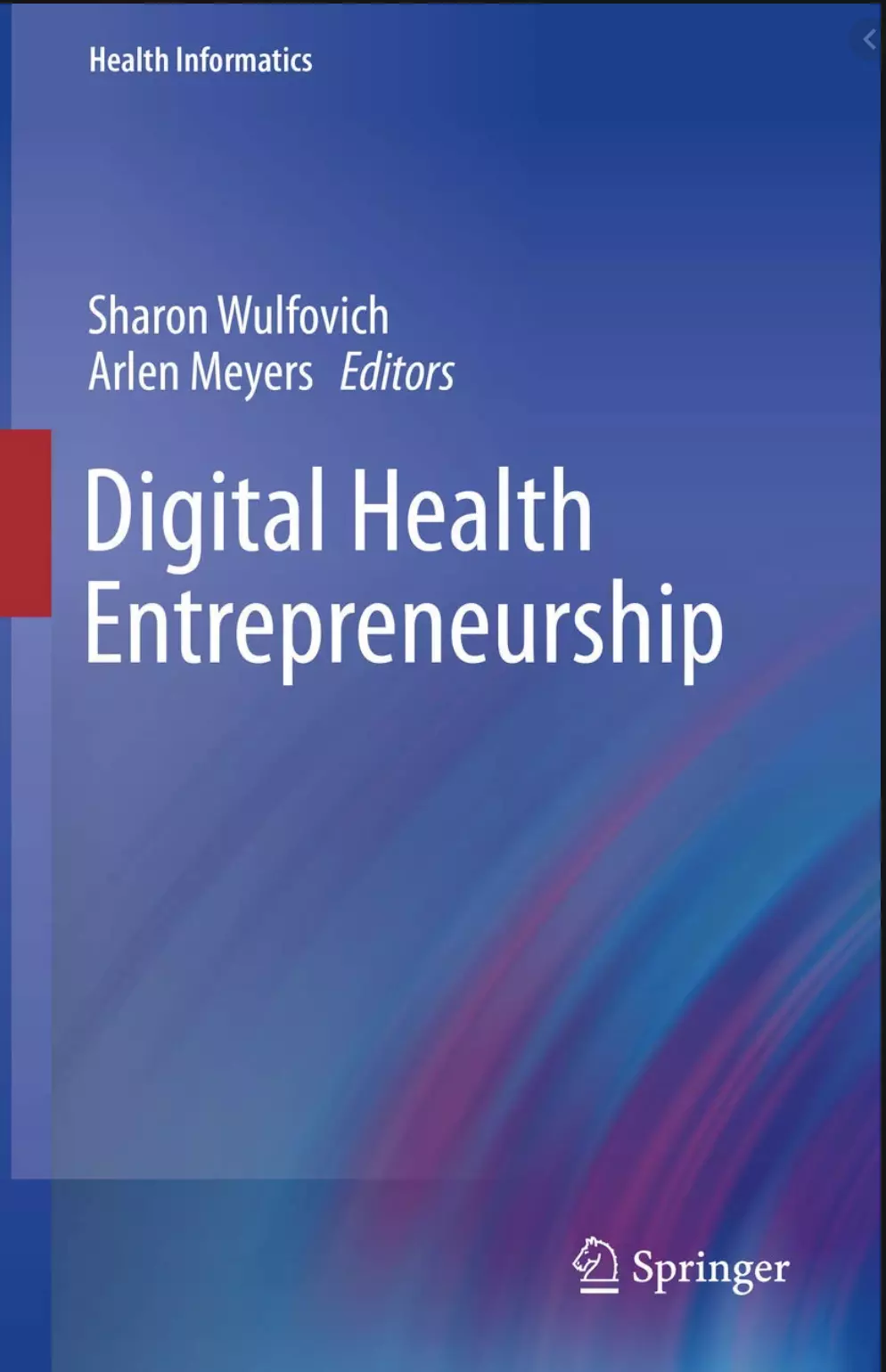Innovation starts with mindset. For physician entrepreneurs, there is the entrepreneurial mindset and the clinical mindset. They are not the same.
Here are some rookie mindset mistakes.
Then, there is the entitlement mindset. A basic definition from the Cambridge Dictionary defines entitlement as “the feeling that you have the right to do or have what you want without having to work for it or deserve it, just because of who you are.” Therefore, the entitlement mentality happens when entitlement becomes second nature, or an assumed “fact.”
Doctors, students, politicians, entertainers and elite athletes come to mind.
So what’s the opposite of entitlement? One informal opposite—the first term that comes to my mind—is adversity. It’s not a literal opposite. It’s the opposite in that kids who experience adversity tend to deny the entitlement mentality.
The perceptions of generational differences in mindset are pervasive. Of course, where you stand depends on where you sit, or, in this case, when and where you were born. Your attitude also depends on whether you believe in the myth of the meritocracy and the contributiondumb luck has played in your success.
Do you have an entitlement mentality? Try taking this test to find out:
Examples of Entitlement Tendencies
- You expect the same rules that apply to others shouldn’t apply to you. For example, other people might need to start at the bottom and work their way up, but you shouldn’t have to.
- You feel massively put upon when other people ask you for small favors but expect that when you ask people for favors, it’s no big effort.
- You expect other people to be more interested in you and what’s on your agenda than you're interested in them and what’s on their agenda. You see your own interests as more interesting than other people’s and see your goals and dreams as more valid or important than other people’s.
- You disregard rules that are intended for everyone’s comfort. For example, you ignore signs asking you to please not put your feet on the chairs at the movies.
- You freeload. For example, you use torrenting programs to download movies rather than paying for them.
- You inconvenience others without thinking. For example, you cancel appointments or reservations repeatedly; you make plans with friends and then bail on those plans without considering that your friend may have organized other plans around fitting you in; you run into a store one minute before closing without thinking about the fact you’ll be delaying the shop assistant from getting home on time. You think, "It’s only 5 minutes” without considering that the assistant may have somewhere they need to be.
- You think it’s okay to upset or offend other people. You see people who like to keep the peace as weak.
- You cheat in environments that are based on reciprocity. For example, you ask loads of questions in your favorite internet forum, but you don’t spend the same amount of time answering other’s questions.
- When working in groups, you think you should be the leader or get the most credit.
- You expect people to give you things for free.
- You take short cuts.
- You think credentials entitle you to being treated better than those without them.
Unfortunately, those with an entitlement mentality are generally not a good fit for entrepreneurship, because:
- They will fail just like everyone else and will have a hard time accepting personal responsibility for it.
- Like everyone else, they don't value what they don't pay for , either in sweat or money.
- They demand recognition and a trophy without the results to justify it.
- They are narcissistic.
- They don't deal well with criticism or radical candor. It's harder giving feedback when employees are working from home. Here are some tips on how to do it.
- They are vindictive and seek retribution.
- They are unwilling to put much skin in the game.
- They don't play nice with others.
- They become disruptive.
- They are spoiled and have an inflated sense of self importance that justifies unrealistic rewards.
Teaching has always been hard. COVID has made it harder. During the pandemic, professors are burning out.
If the test revealed entitlement tendencies, you now have two choices: change or stay the same. Of course, you are entitled to make that choice and live with the consequences.

Digital Health Entrepreneurship is available on Amazon and Springer.
Arlen Meyers, MD, MBA is the President and CEO of the Society of Physician Entrepreneurs on Twitter@SoPEOfficial.



Leave your comments
Post comment as a guest